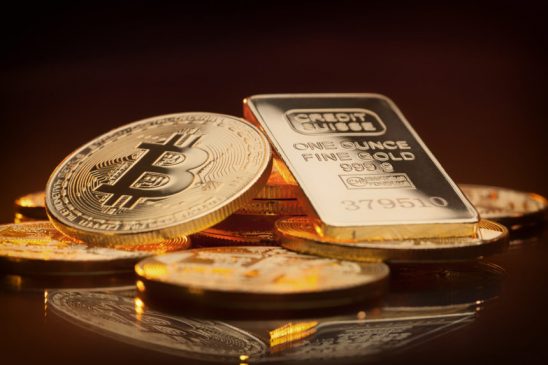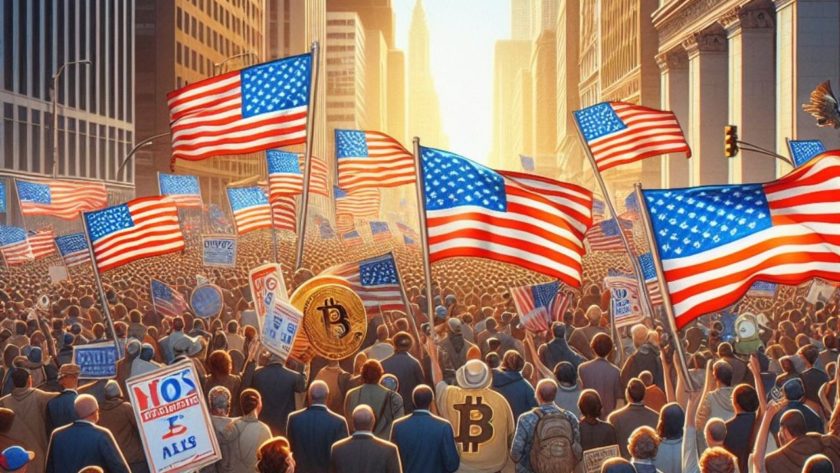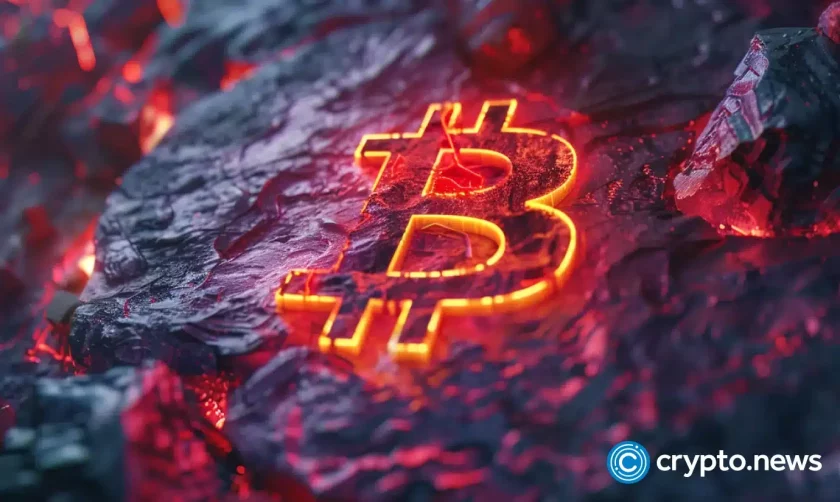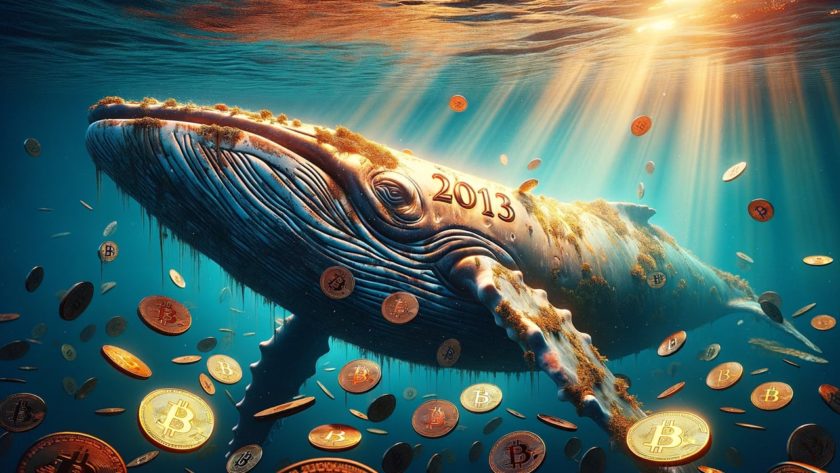Banking giant JPMorgan Chase & Co. is not much of a bitcoin fan. The $2.63-trillion behemoth found itself on the opposite side of cryptocurrencies ever since its chief executive officer, Jamie Dimon, called bitcoin a fraud. He said in 2017 that the cryptocurrency was “not a real thing,” and will eventually die.
Two years later, bitcoin is well and alive, sitting atop a $141.8 billion valuation at press time. It is likely to grow further as a wave of mainstream financial institutions builds an investment-worthy infrastructure around it. Fidelity Investments and TD Ameritrade, for instance, are close to offering Bitcoin trading services to their institutional clients.
Nasdaq, the world’s second largest exchange, is reportedly testing bitcoin-enabled investment products. The New York Stock Exchange (NYSE) is not behind as it awaits regulatory approval for listing the world’s first bitcoin-based exchange-traded fund in association with VanEck, a Wall Street investment giant.
Mr. Dimon’s predictions about BTC are failing evidently. While he has distanced himself from commenting on the cryptocurrency, his team of analysts is strategically attempting to jump on bitcoin’s side. They recently said in a note, as seen by Bloomberg, that BTC is a commodity with intrinsic value.
Hey @jpmorgan your CEO previously wrote that “Bitcoin is a fraud that will eventually blow up” and now less than two years later you acknowledge it is a commodity with an intrinsic value of slightly under 5K/coin. What’s changed? $BTC pic.twitter.com/Z8K0ybDk2B
— The Don (@DonnyCrypto) May 20, 2019
Overvalued but Valued
The JPMorgan strategists wrote that the bitcoin price had gotten ahead of its actual value in its recent rally. They came to call the “fraud” an overvalued asset by comparing it with commodities like gold.
“Over the past few days, the actual price has moved sharply over marginal cost,” the analysts told Bloomberg. “This divergence between actual and intrinsic values carries some echoes of the spike higher in late 2017, and at the time this divergence was resolved mostly by a reduction in actual prices.”
In 2026, JPM will be telling us that $BTC is a total scam at 365k and is worth 250k max. https://t.co/2lFR59SUID
— Su Zhu 🦁 (@zhusu) May 20, 2019
The JPMorgan analysts concluded bitcoin’s actual rate after studying its production costs, based on factors such as computational power, electricity payments, and hardware energy output. They said:
“Defining an intrinsic or fair value for any cryptocurrency is clearly challenging,” the analysts continued. “Indeed, views range from some researchers arguing that it has no fundamental value, to others estimating fair values well in excess of current prices.”
Nonetheless, the fact that JPMorgan letting its strategists treat bitcoin as a commodity validated the bank’s softening stance on the cryptocurrency. Morgan Creek Capital co-founder Anthony Pompliano looked at the banking behemoth’s move as a sign of bitcoin’s global adoption.
“Never listen to what a bank says,” he said. “Watch what they do.”
Skepticism, Meanwhile
As JPMorgan takes baby steps towards recognizing bitcoin as a commodity, others believe that the cryptocurrency does not fit the criteria. According to Professor Emilios Avgouleas, a financial scholar associated with the University of Edinburgh, a commodity should be tangible, and bitcoin doesn’t have any physical representation.
This chart is a bunch of biased non-sense. Gold’s grades should all be much higher. It seems that anyone who claims to have knowledge about Bitcoin has none about gold!
— Peter Schiff (@PeterSchiff) May 20, 2019
eToro’s senior market analyst, Mati Greenspan, believes otherwise. He said bitcoin and commodities like gold shared similar characteristics but have distinctive features.
“They have similar properties, but each has distinct benefits,” Greenspan said. “For example, bitcoin can be digitally transmitted across borders, while gold is used in jewelry and electronics.”
The usability alone provides intrinsic value to bitcoin. JPMorgan is right.




